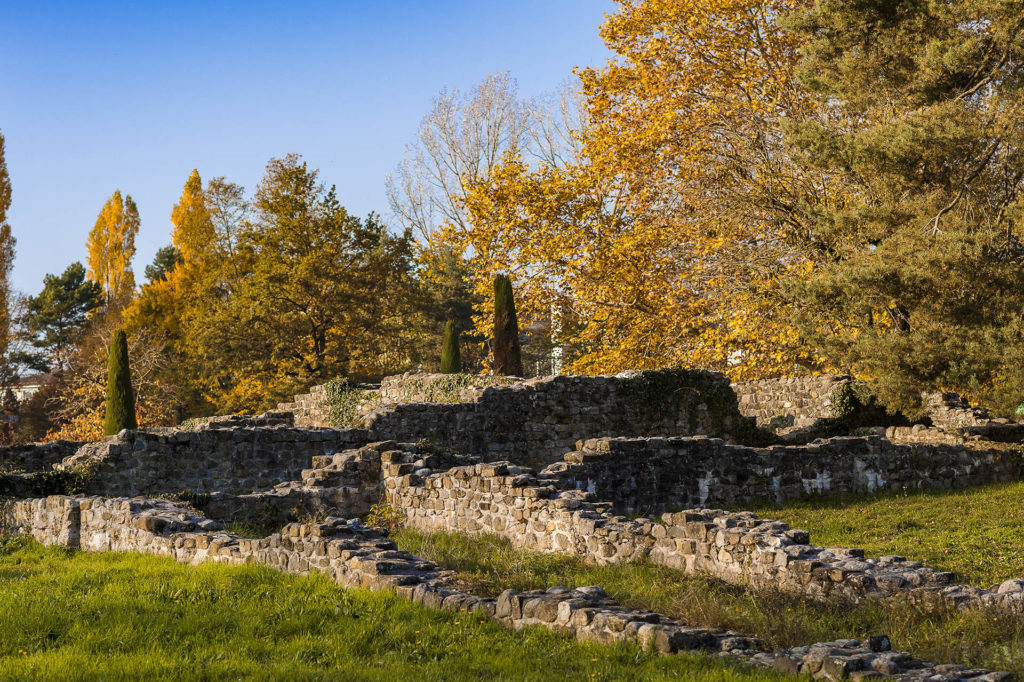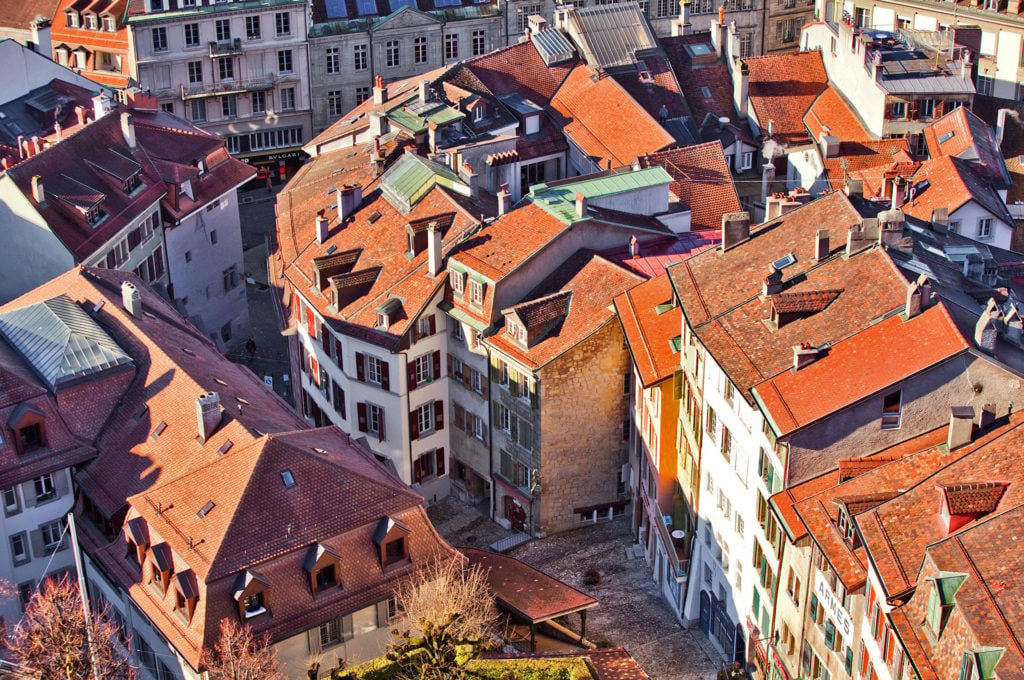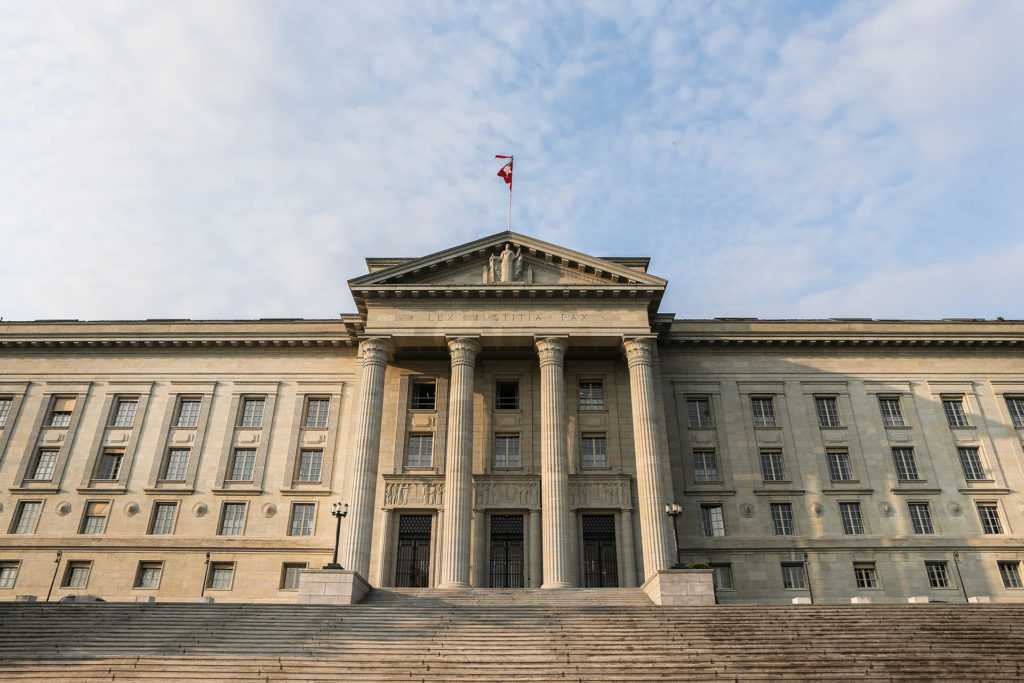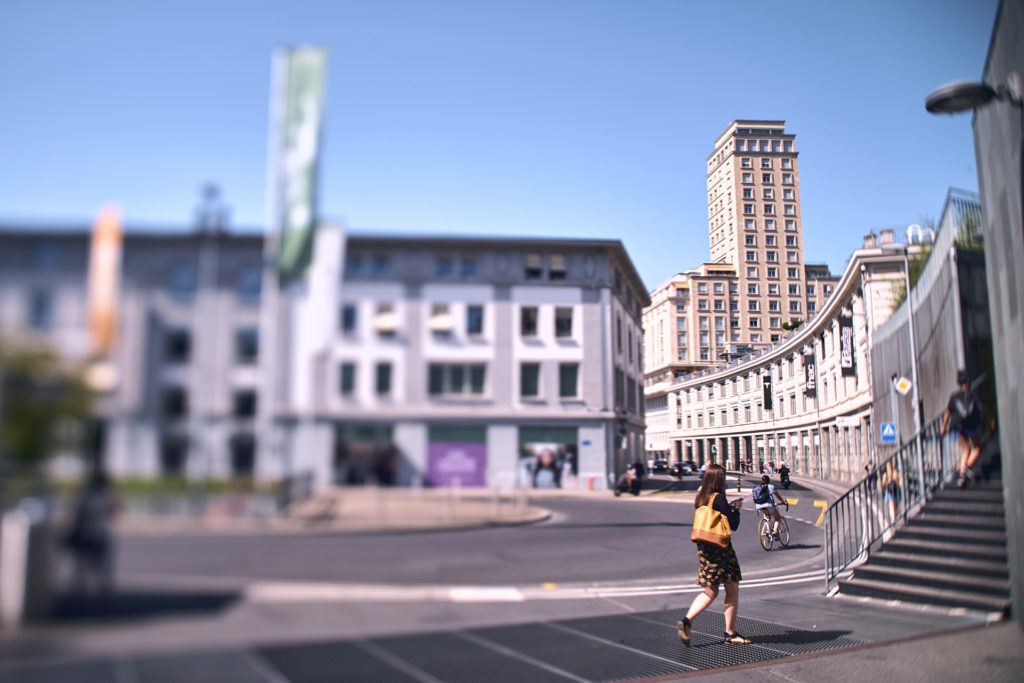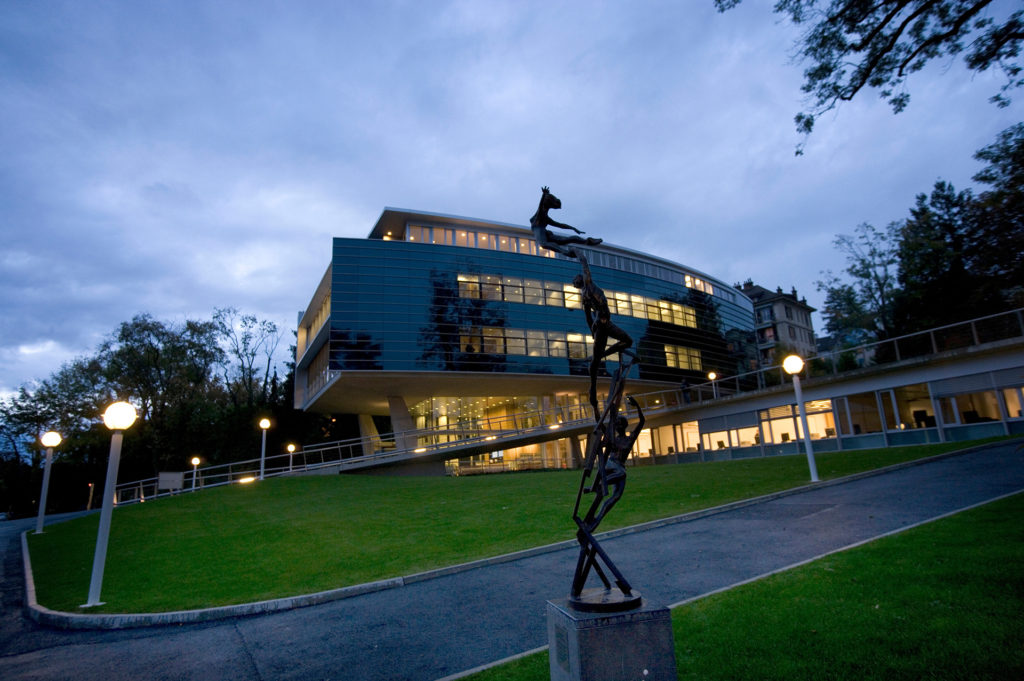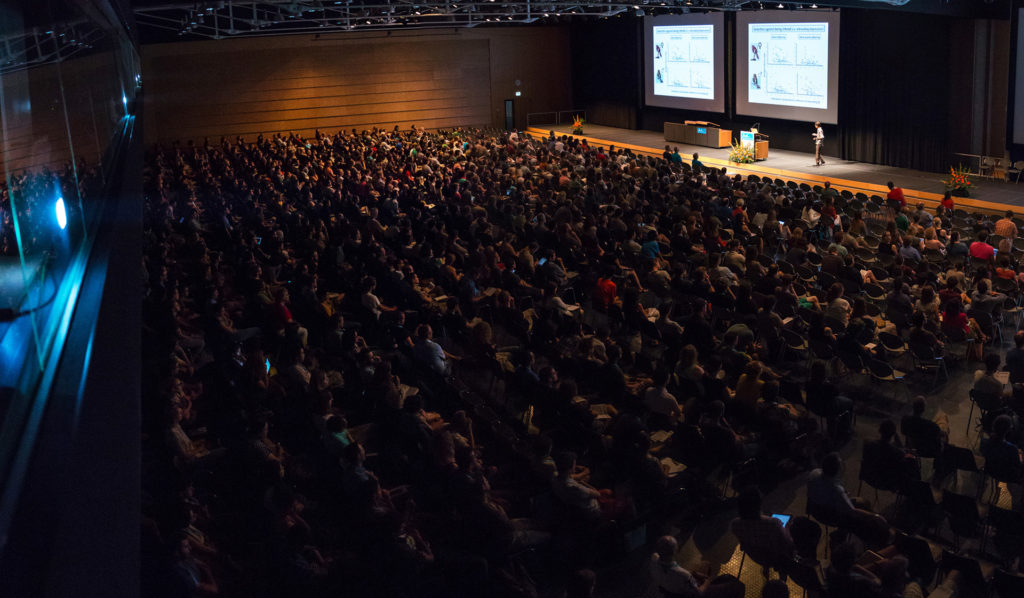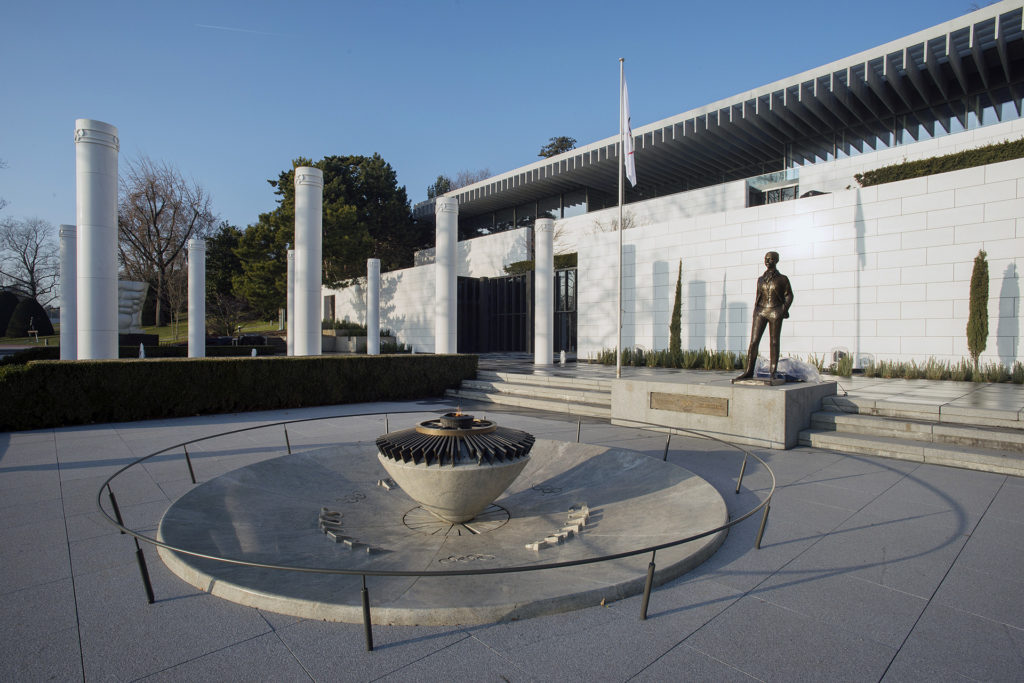This website uses cookies so that we can provide you with the best user experience possible. Cookie information is stored in your browser and performs functions such as recognising you when you return to our website and helping our team to understand which sections of the website you find most interesting and useful.
Lausanne in short
Lausanne: just one of many towns? Its scenery, its history and its inhabitants have made it a place with a charm of its own. The fourth biggest city in Switzerland – and Olympic Capital of the world – is distinguished by the unique atmosphere of the site it occupies.
Its undulating contours afford residents and visitors spectacular glimpses over Lake Geneva and the Alps. The wealth of its cultural life is exceptional, while its modest size keeps it on an eminently human scale.
A bastion of training and research, its campuses have built a solid reputation all over the globe. A leisurely stroll is enough to discover stunning parks and gardens, bustling shopping districts and a fine architectural heritage. To discover Lausanne is to know the quality of life that makes it such a unique city

9 reasons that make Lausanne the best small city in the world
Some time ago, Monocle, the must-read travel magazine, designated Lausanne as “Best small city in the world”. No less! Such a title doesn’t spring out of nowhere, and there’s no doubt: Lausanne indeed has all the assets to deserve the top spot in the ranking. Read on to find out more about them…
MoreA city in figures
150,000 inhabitants
25,000 students from 125 different countries
555 metre ascent from the shores of Lake Geneva to the Chalet à Gobet in the hauts de Lausanne district of the city
11 km of shoreline along Lake Geneva
33 hectares of vines
360 hectares of parks and public gardens
60 km of cycle tracks
40 international sports federations have chosen Lausanne for their headquarters
1994: Lausanne is named the Olympic Capital
Lausanne is only a 50 minute through train ride from Geneva airport
From Lausanne to Glacier 3000 takes only 1 hour and 48 minutes by train
Number 1: Monocle has named Lausanne the best small town in the world
Geography
Dynamic expansion
Situated on the northern shores of Lake Geneva, Lausanne has more than 150,000 residents and is at the heart of a conurbation with over 300,000 inhabitants. A cosmopolitan and dynamic city, it offers its residents a quality of life that enjoys the same global acclaim as its vocational colleges, the international corporations to which it is home, and its cultural institutions.
As the Olympic Capital, Lausanne is home to the headquarters of the International Olympic Committee (IOC) and the seat of numerous international sport federations. It is the fourth-largest city in Switzerland and the capital of the Canton of Vaud.
A city on a human scale
Built on three hills – Cité, Bourg and Saint-Laurent – Lausanne is home to 20% of the population of the canton of Vaud. Extending from the countryside to the north, as far as the shores of the lake to the south, the town is made up of about ten districts. Whereas traditional old buildings and fine manor houses can be found in the east, the west presents a more recent, heterogeneous and heavily populated picture.
Lausanne, green city
A green city and a good place to live, Lausanne offers its residents and visitors magnificent parks and gardens, popular places to meet up and relax. Easily accessible by rail and road, the Olympic Capital has just launched the first metro in Switzerland, truly an urban elevator and the catalyst for new land-use dynamics within the centre of town and the greater metropolitan area.
Physical geography
An undulating topography
Lausanne is situated at 46°32 latitude north and at 06°38 longitude east on the northern shore of Lake Geneva. It has a steeply sloping relief ranging from 370m by the lake to 870m in the deciduous and pine forest of Jorat. It rests on the molasse characteristic of the Swiss plateau and on moraines deposited by alpine glaciation.
A temperate climate
Rainfall is evenly distributed throughout the year. Average temperatures are between 3°C and 20°C, while extremes can touch -10°C and +37°C. The winds in the region are the “bise”, which blows from the north-east bringing cold air from high pressure systems in Siberia, the “foehn”, a warm wind from the alpine valleys, and the south-westerlies, which transport temperate, humid and sometimes stormy air masses from the Atlantic.




